German Cartoon
- caricature /
- German Cartoon
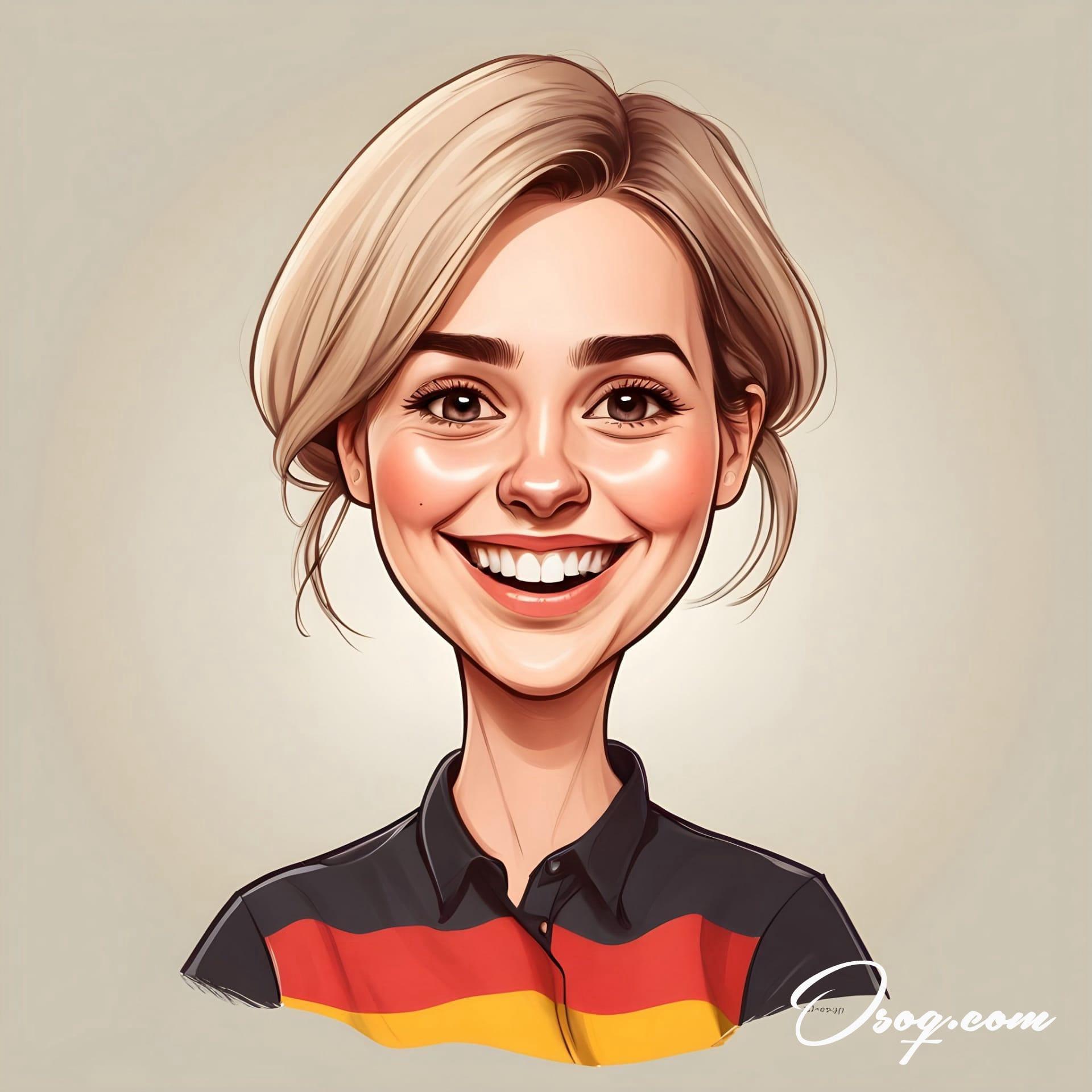
German cartoons have a rich history that goes back to the 18th century, when satirical drawings first began appearing in German newspapers.
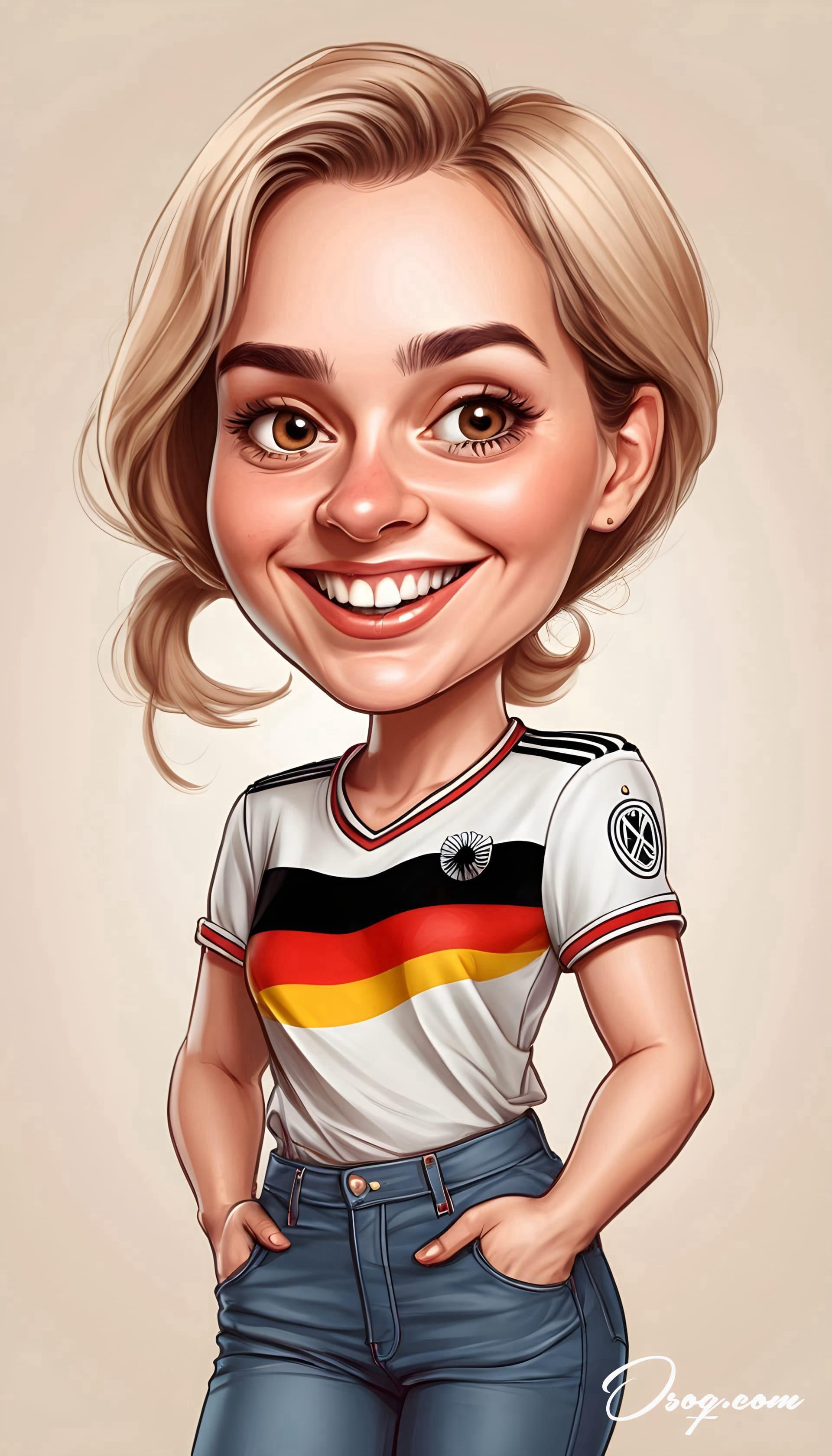
One of the most famous early German cartoonists was Wilhelm Busch, known for his humorous illustrations and the moral tales he told through his characters Max and Moritz.
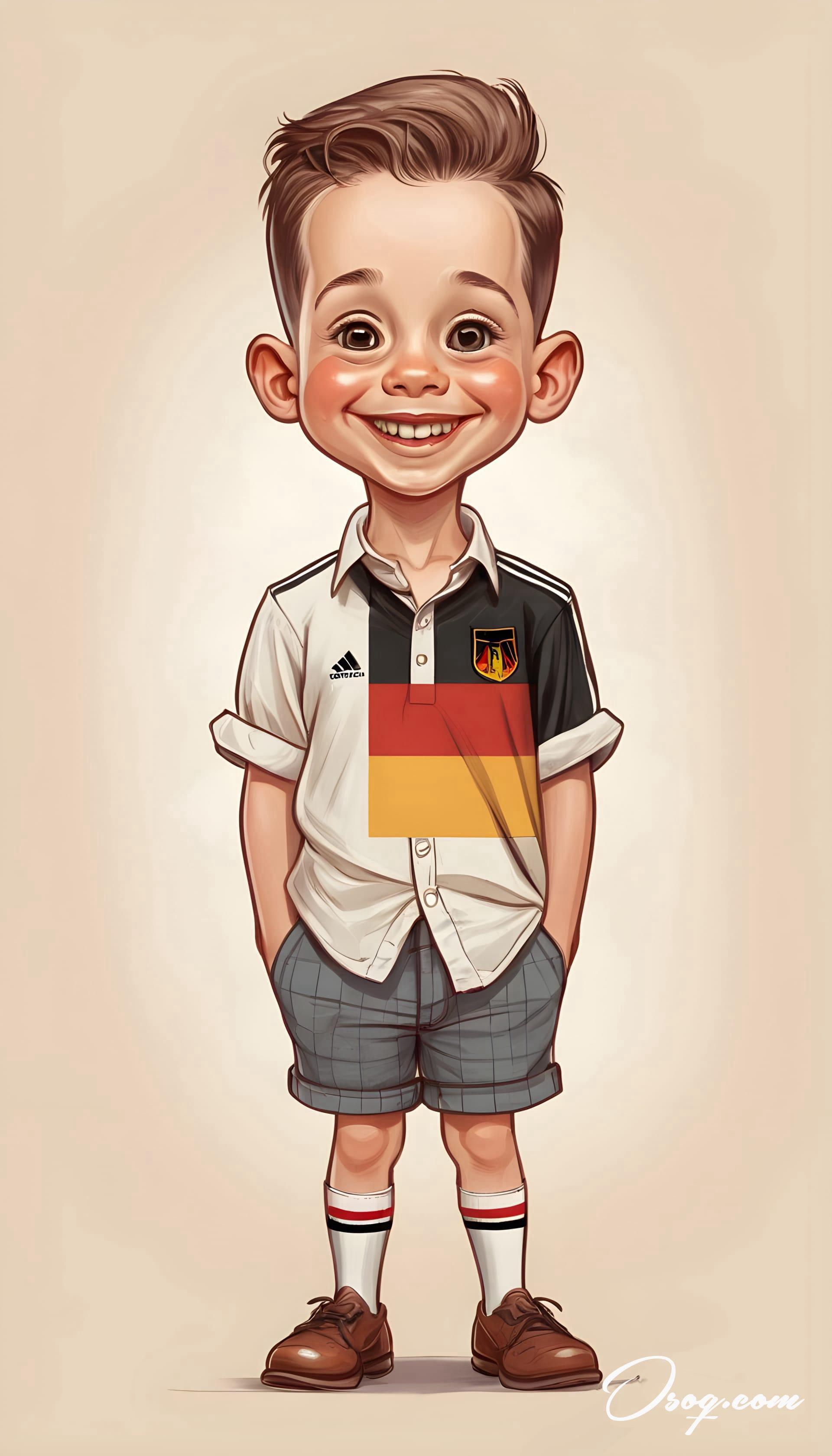
During the early 20th century, German cartoon art saw a significant shift with the emergence of expressionism, influencing not just cartoons but the broader art world.
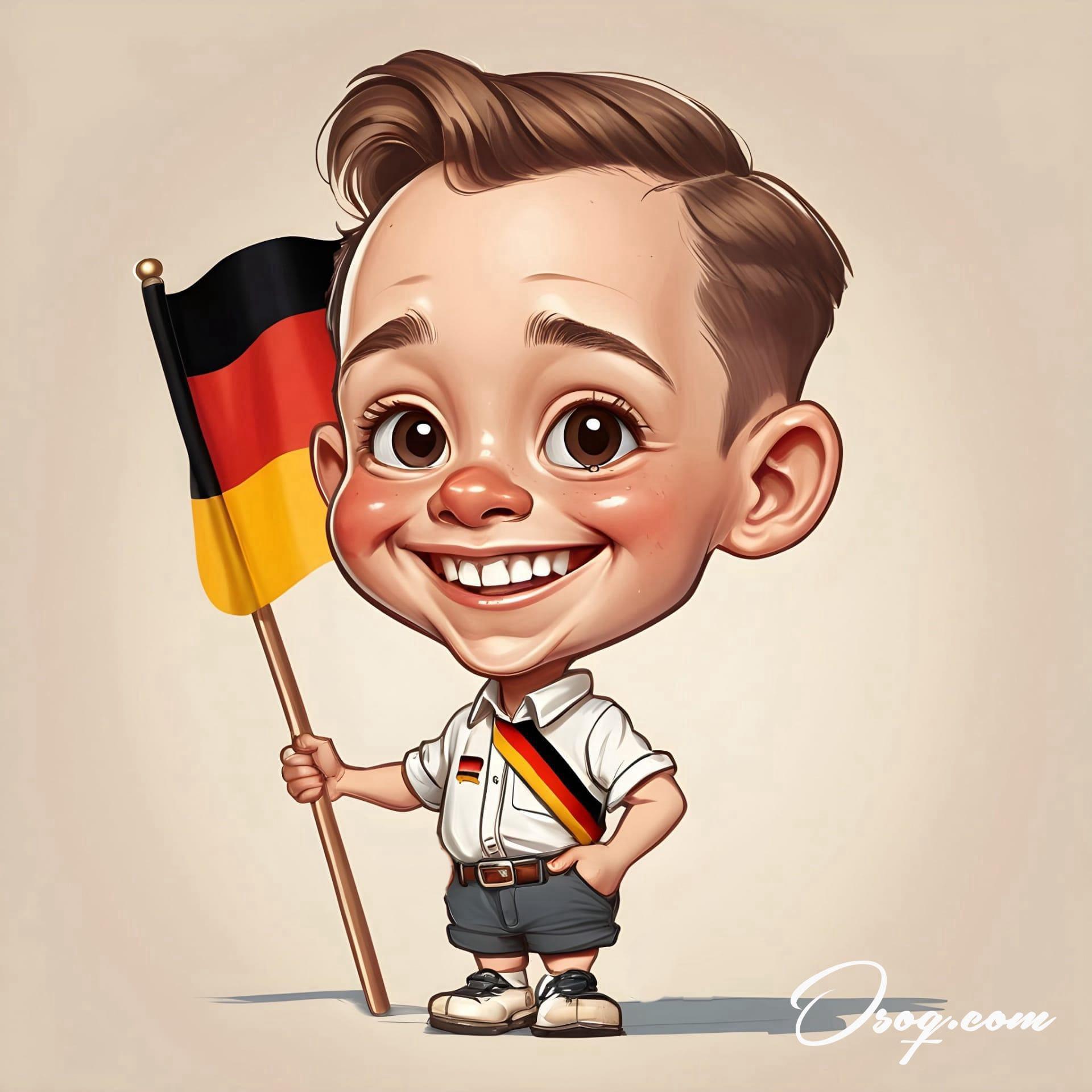
The adventures of "Fix und Foxi," created by Rolf Kauka, became one of Germany's most beloved comic strips, capturing the hearts of readers with its engaging stories.
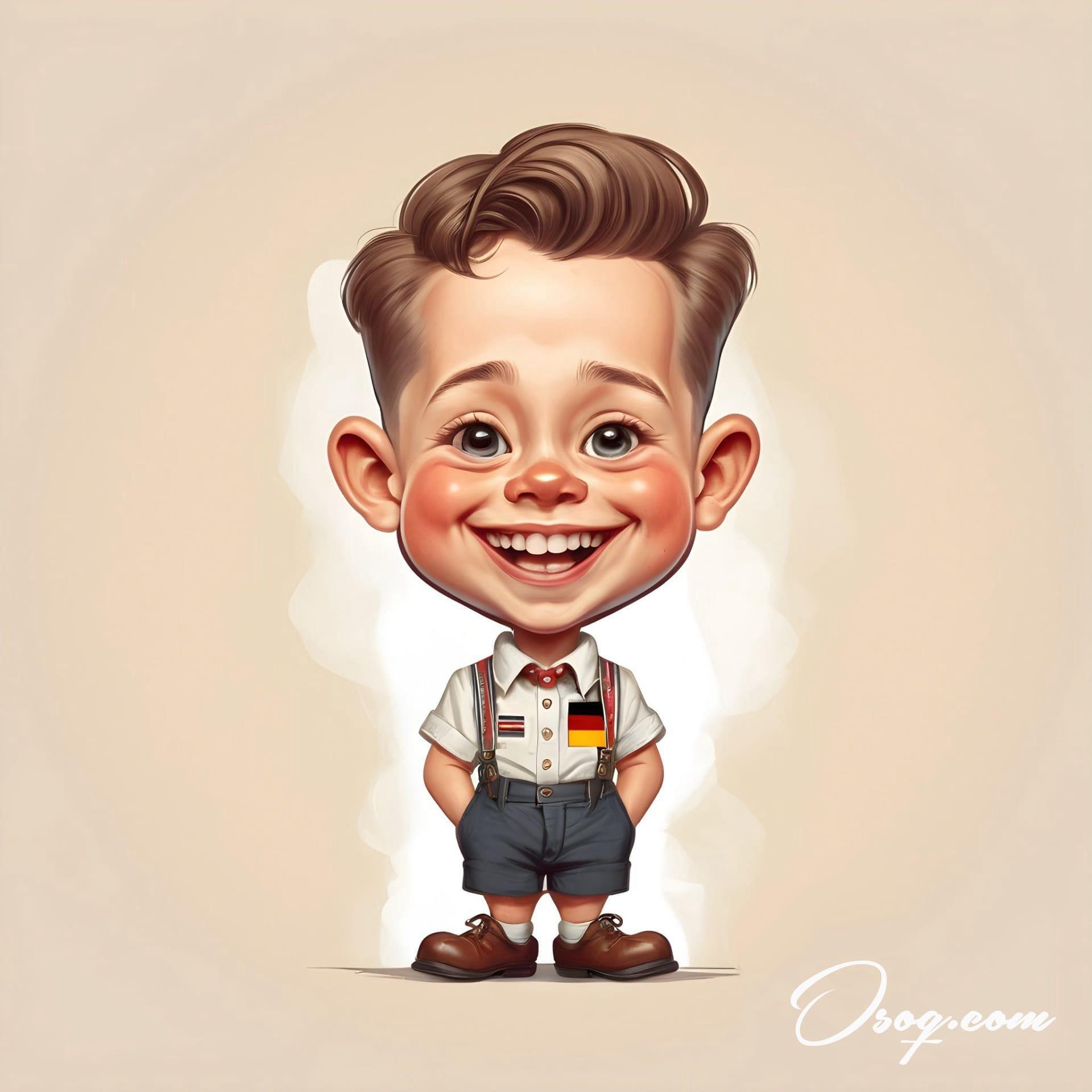
German cartoonists have often used their craft to comment on political and social issues, making cartoons a powerful medium for satire and critique.
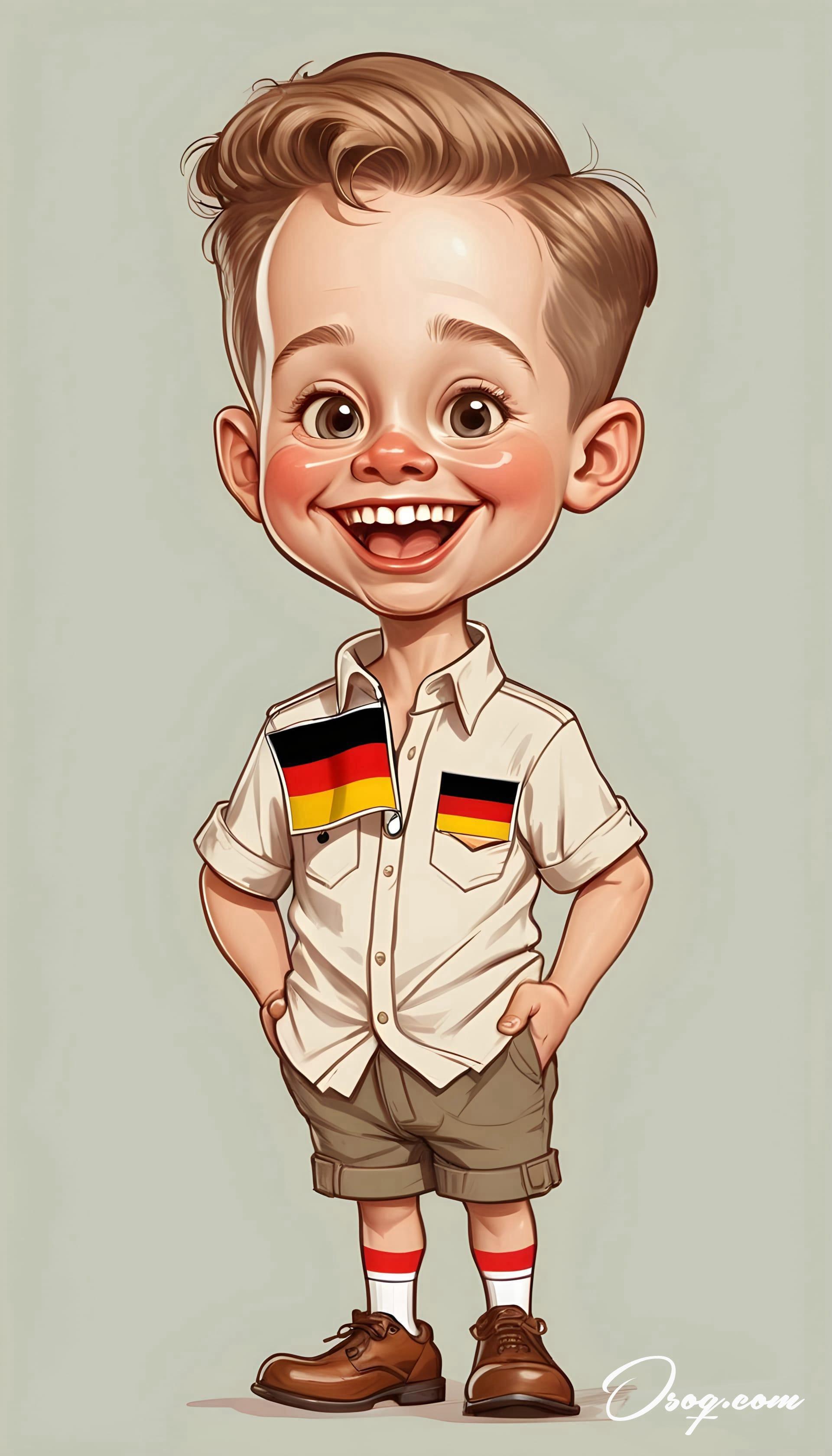
In East Germany, cartoons served both as entertainment and propaganda tools, with characters often embodying socialist ideals.
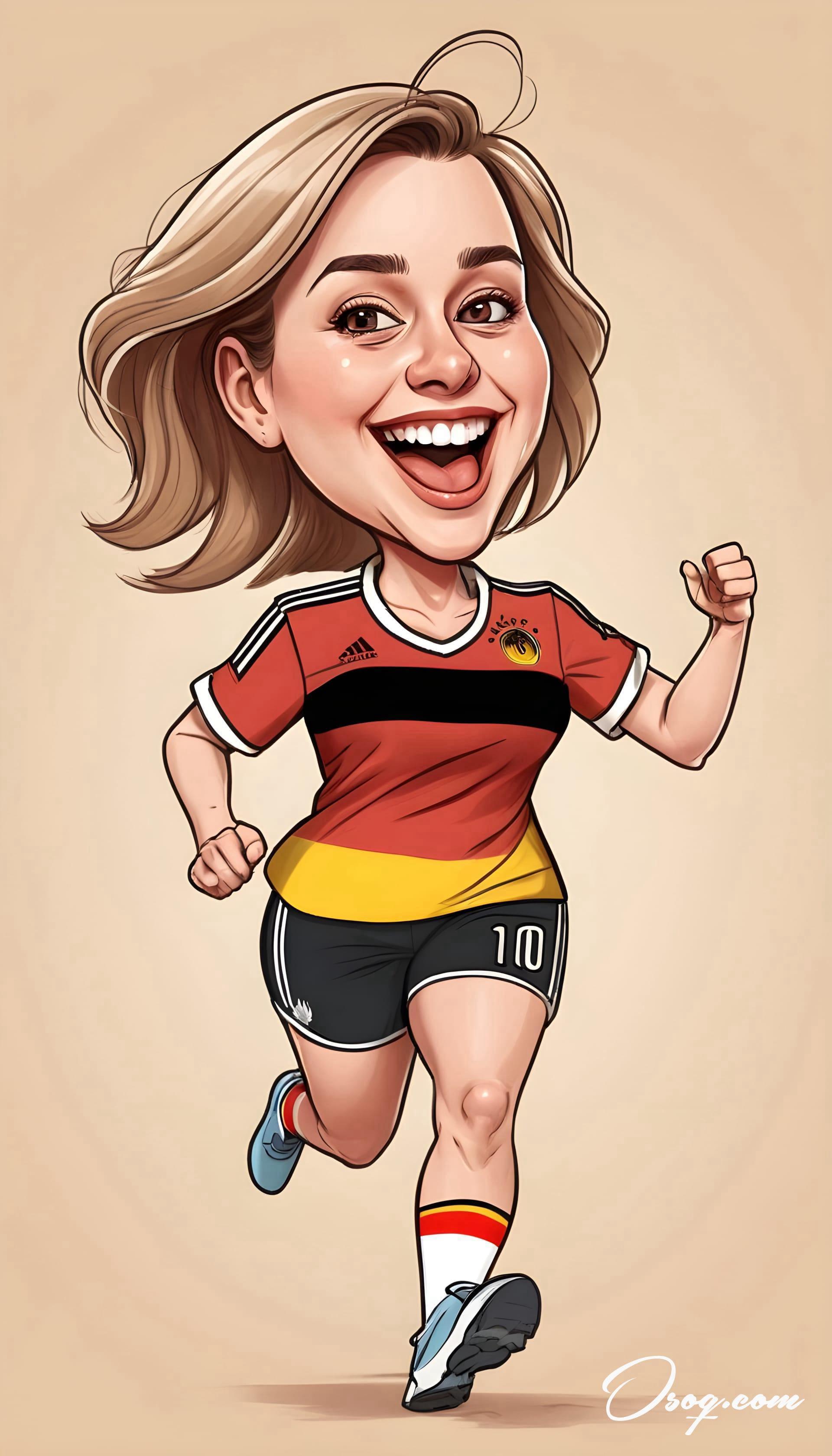
The fall of the Berlin Wall brought about a new era for German cartoons, with artists exploring themes of reunification and the challenges of a newly united Germany.
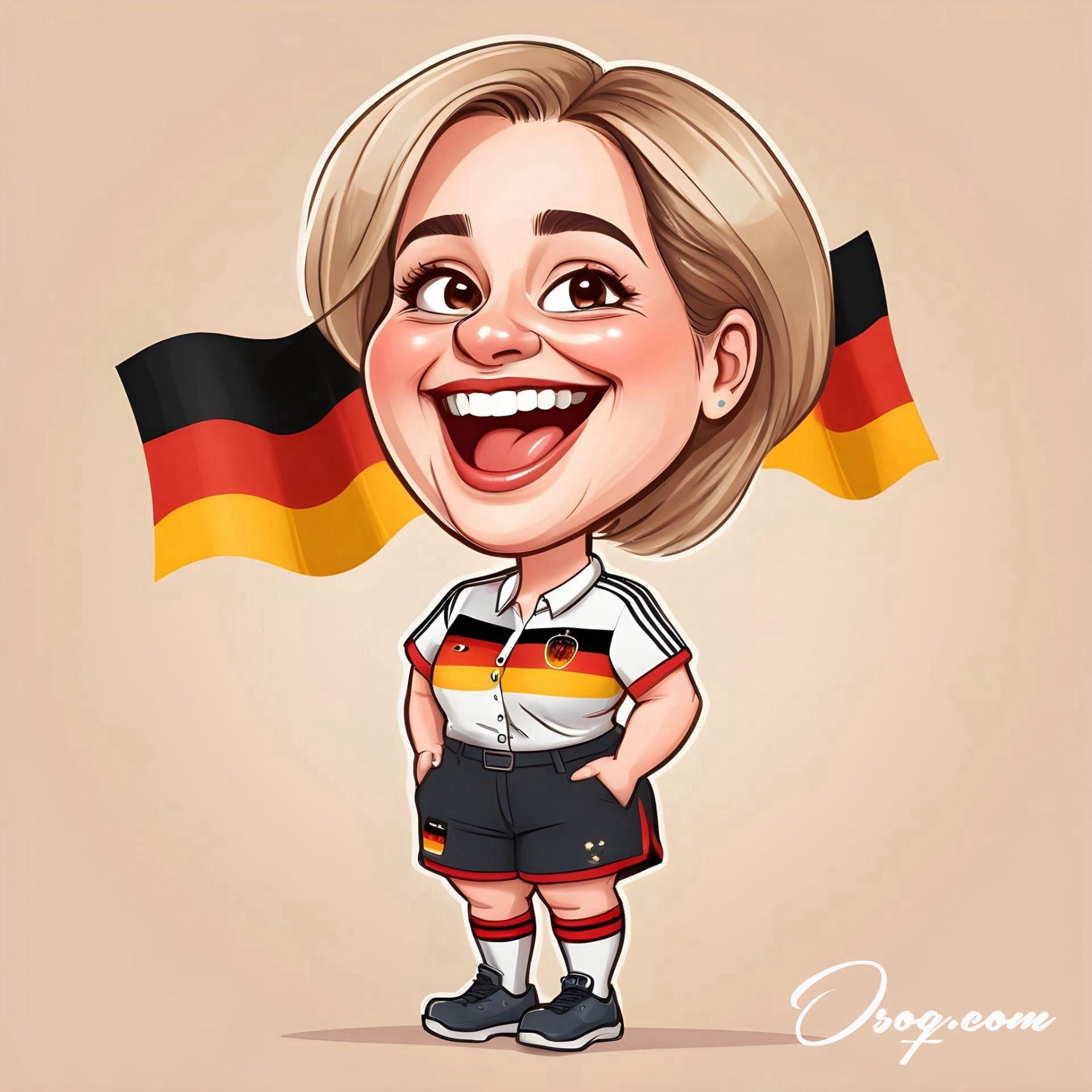
Contemporary German cartoons are known for their diversity, with artists experimenting with different styles, from traditional hand-drawn techniques to digital animation.
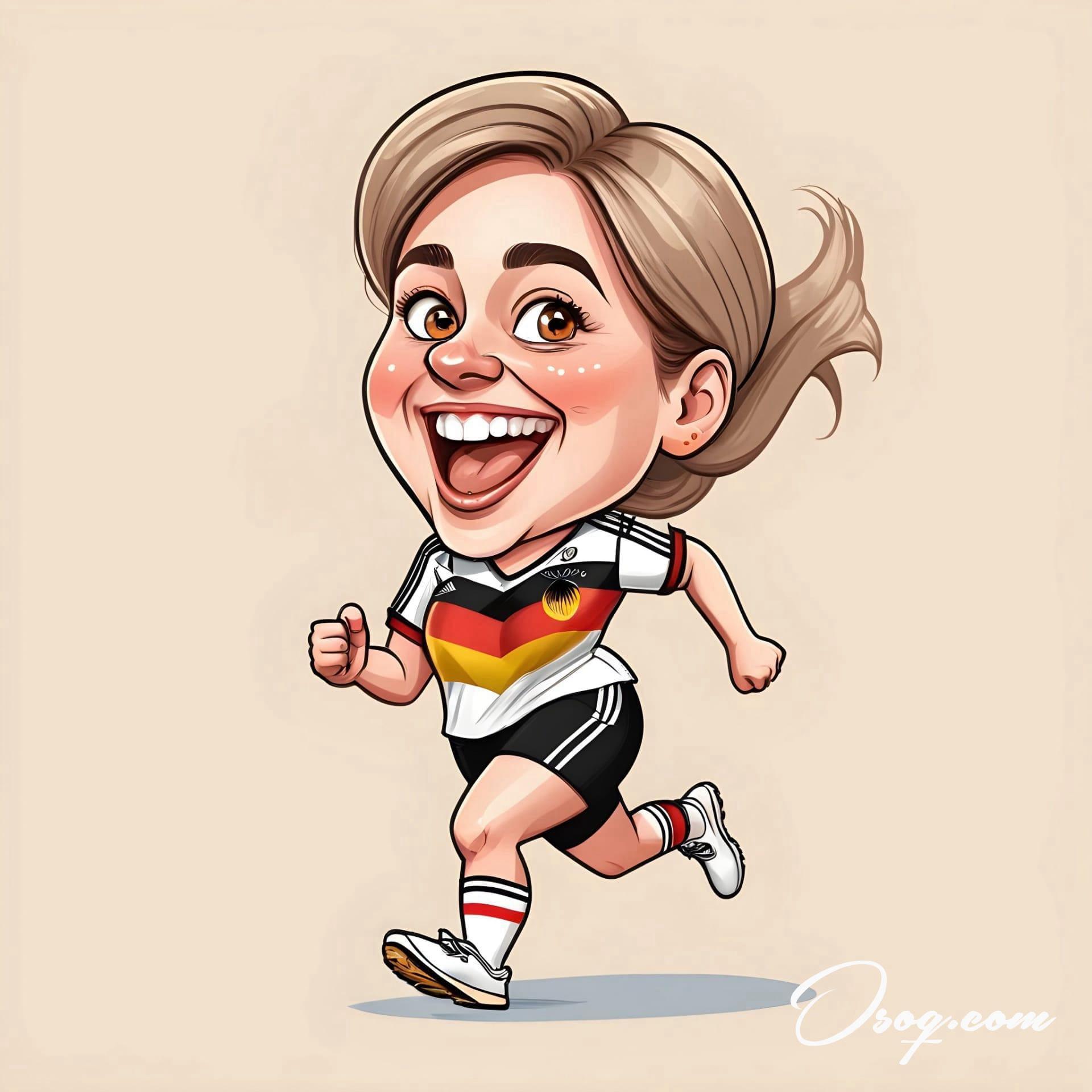
"Der Cartoonist" is an annual award that celebrates the best in German cartooning, highlighting the talent and creativity in the field.
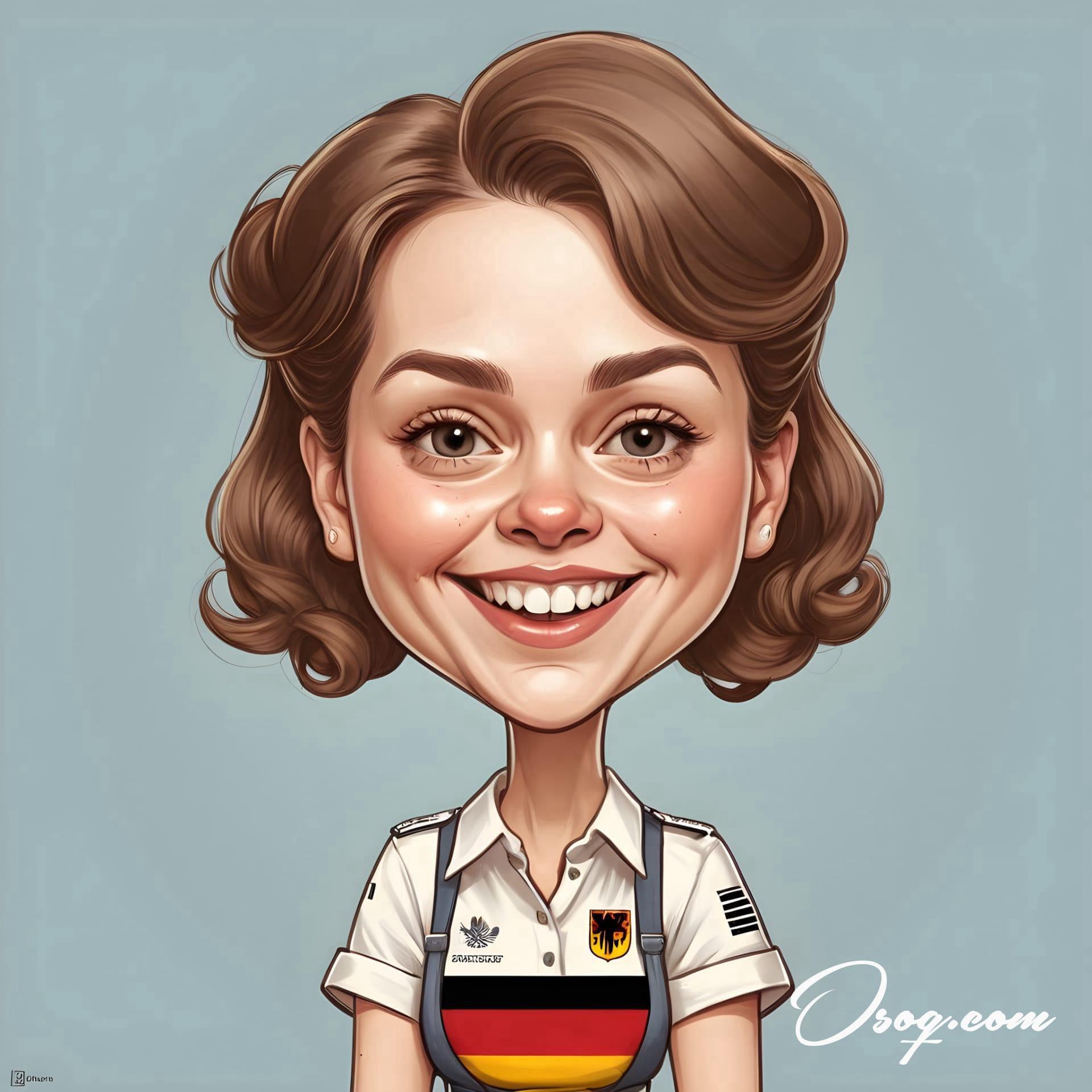
German educational cartoons have made learning fun for children, with characters and stories designed to teach everything from language skills to history.
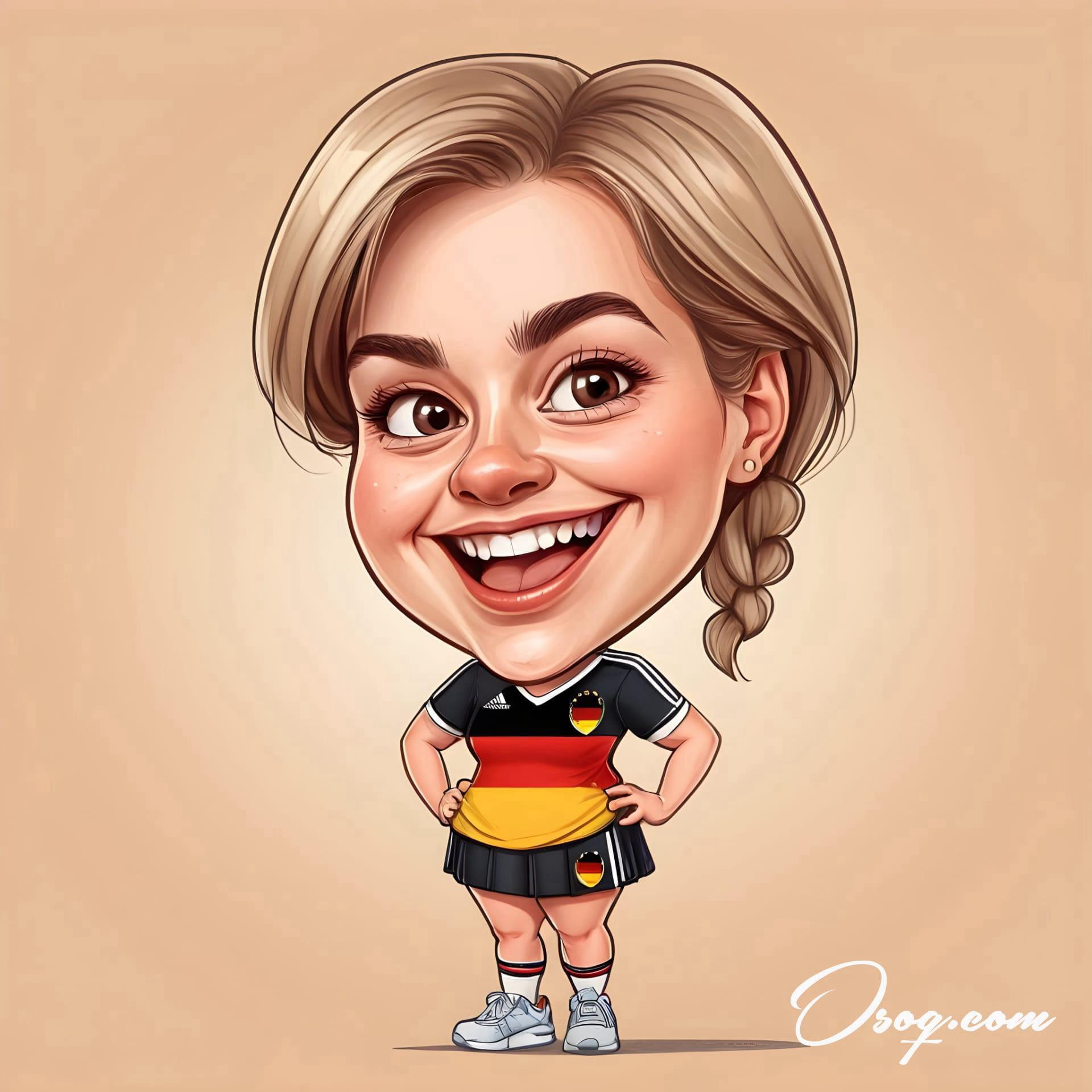
The influence of German cartoons extends beyond the country's borders, with works translated into multiple languages and enjoyed by readers around the world.
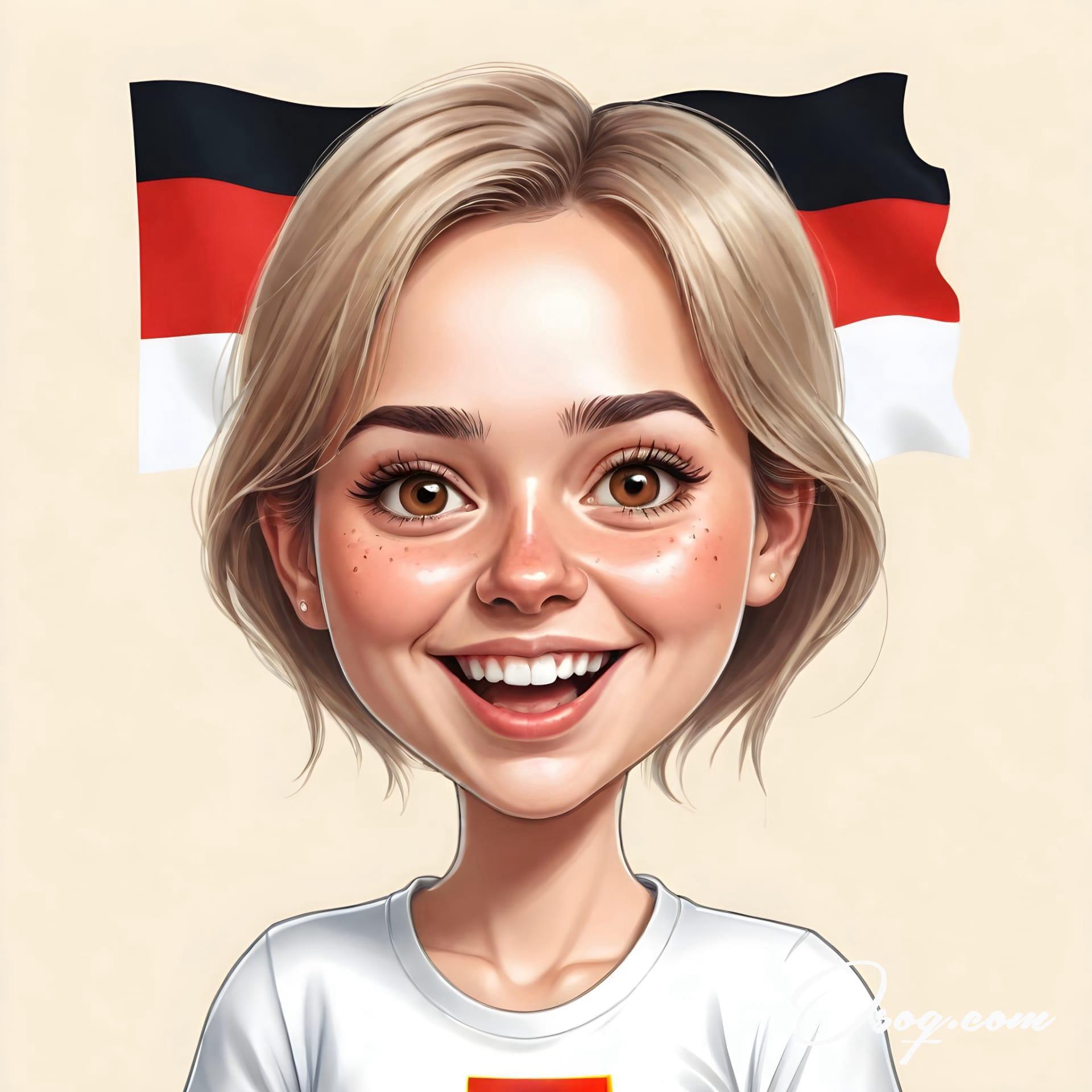
Feminist German cartoonists in the 21st century have used their platforms to address issues of gender equality and women's rights, contributing to societal change.
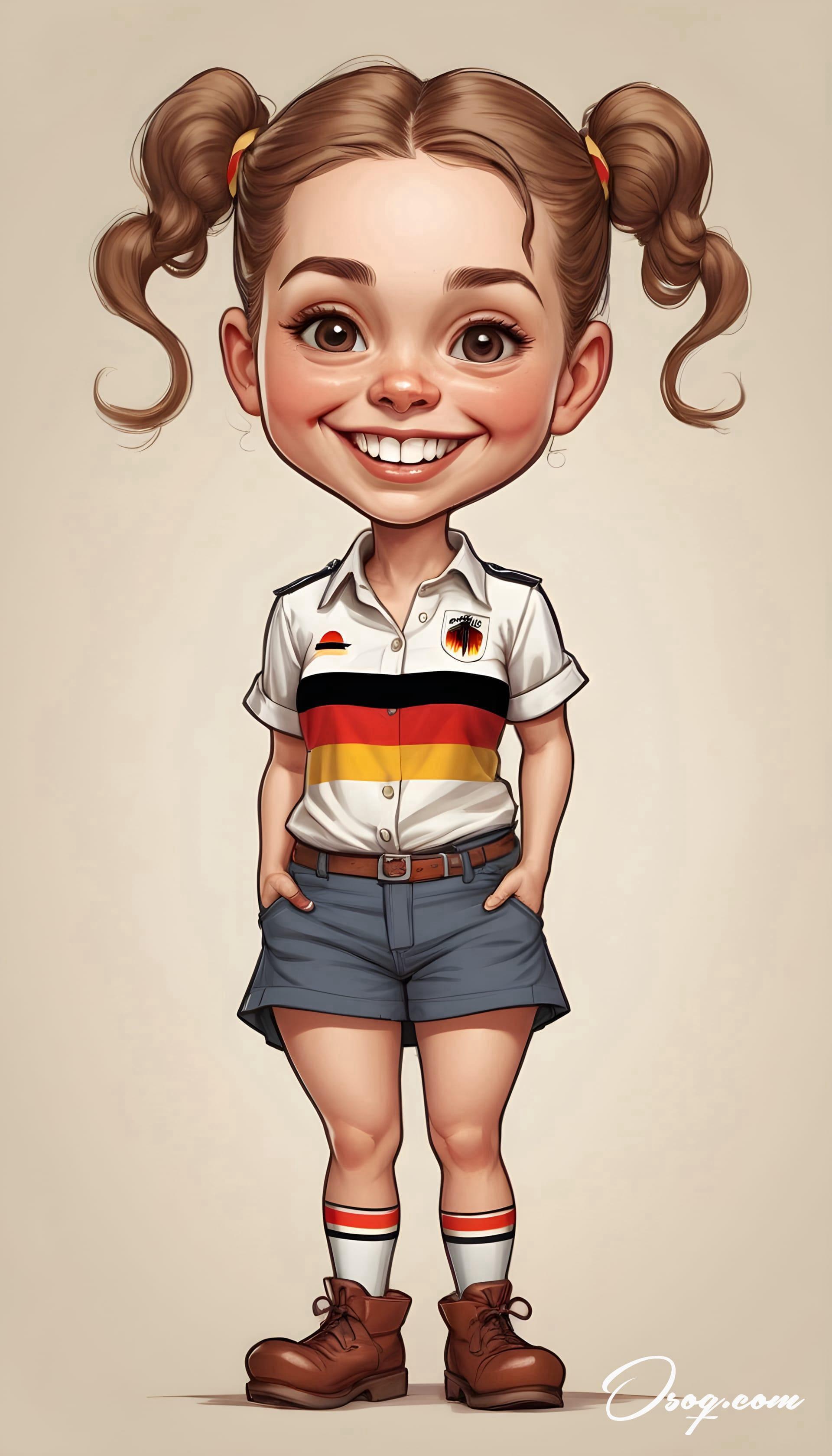
Eco-friendly themes have become increasingly popular in German cartoons, reflecting a growing concern for environmental issues among artists and audiences alike.
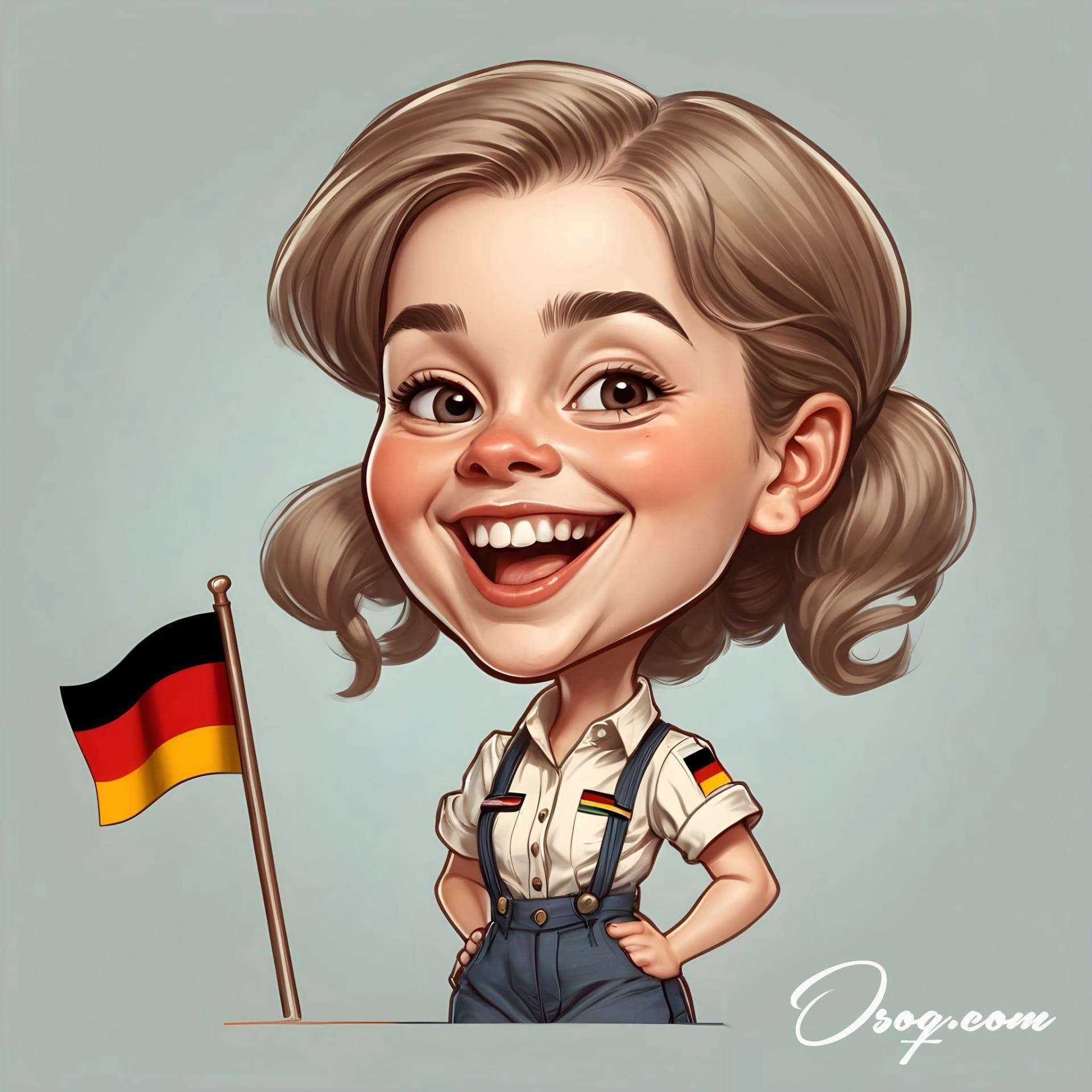
The digital age has seen a surge in online German cartoons, with webcomics and animated shorts gaining popularity on platforms like YouTube and social media.
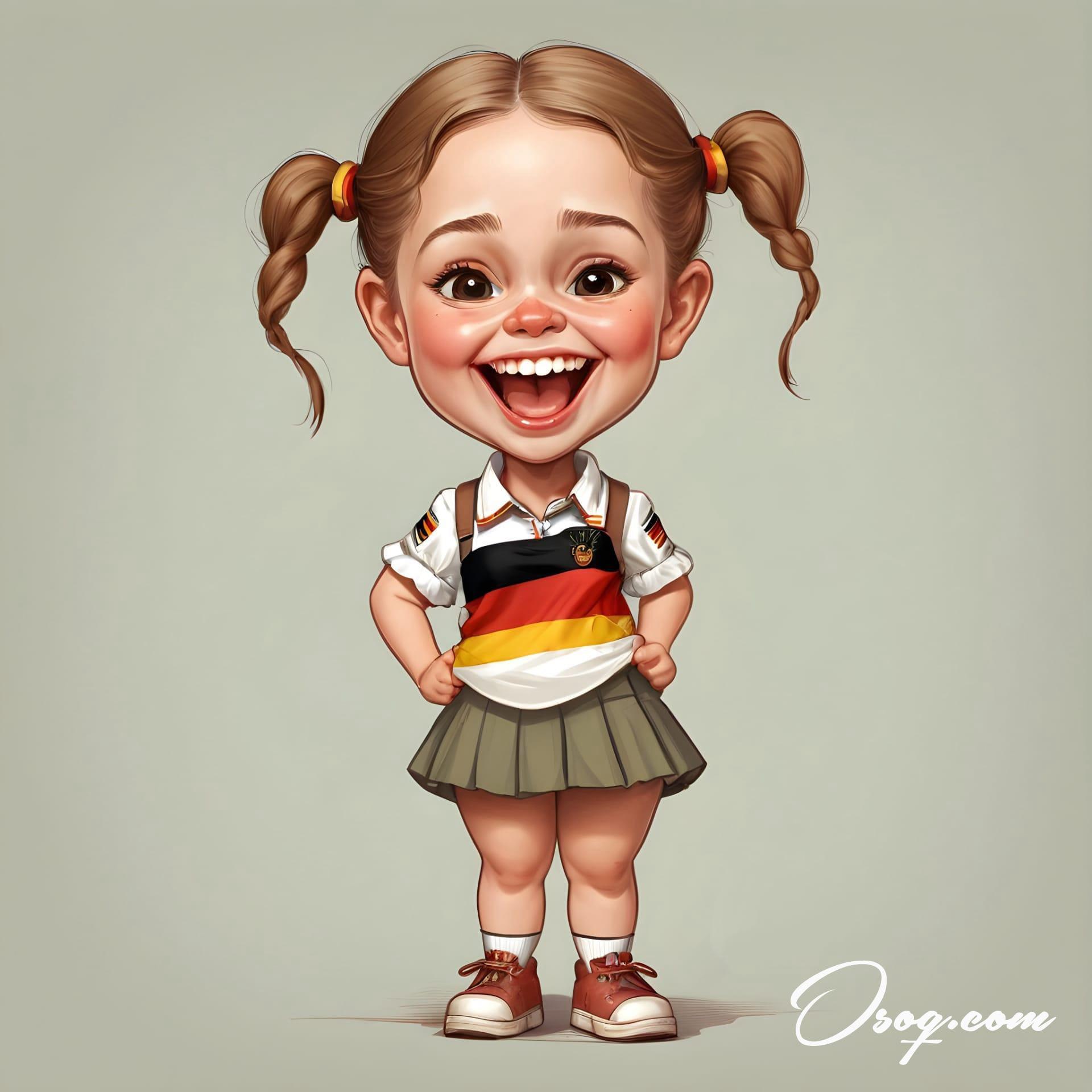
Collaborations between German cartoonists and international artists have resulted in unique cross-cultural projects, enriching the global comics landscape.
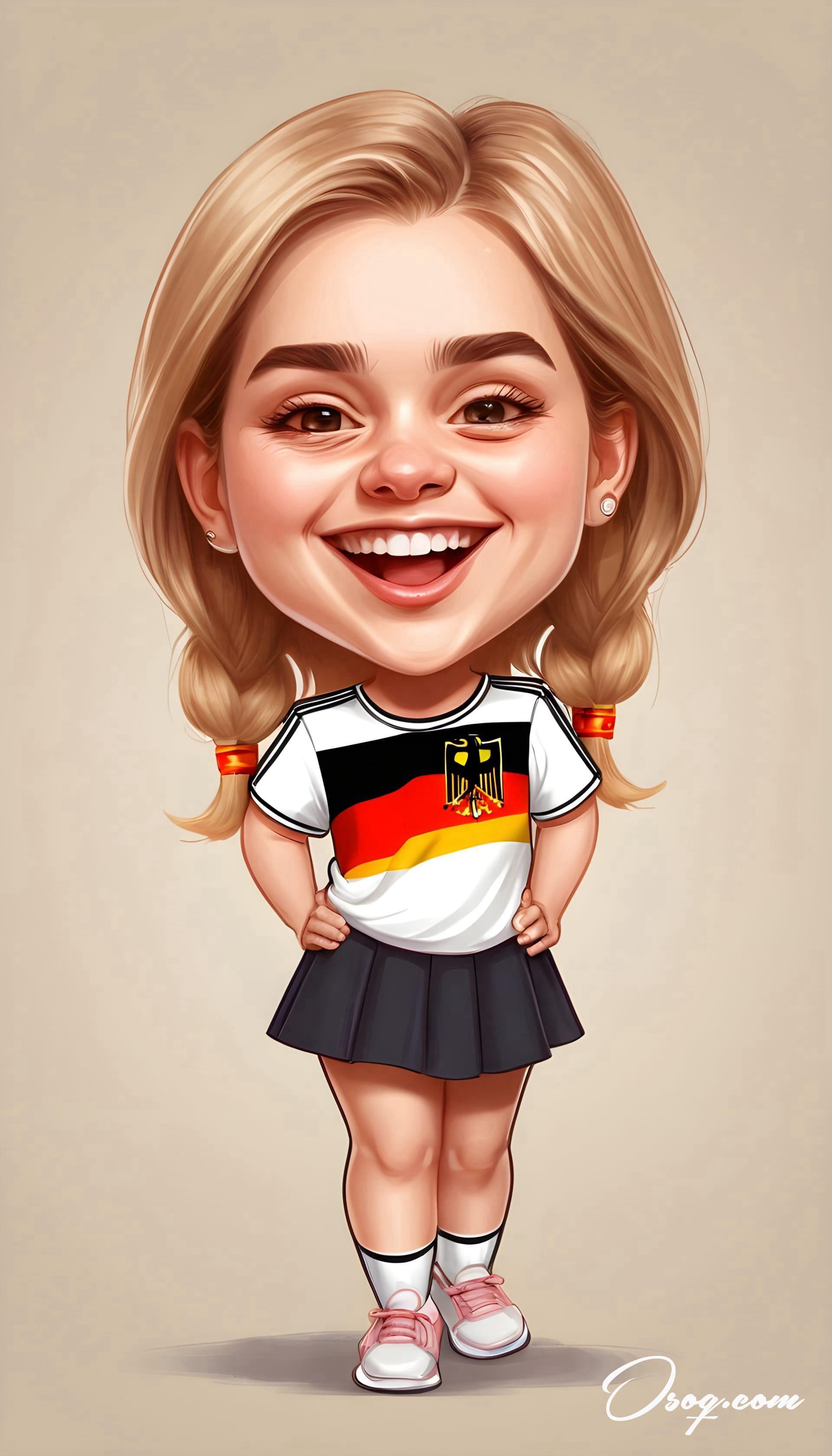
German cartoon festivals and exhibitions offer fans a chance to meet their favorite artists, attend workshops, and discover new talents.
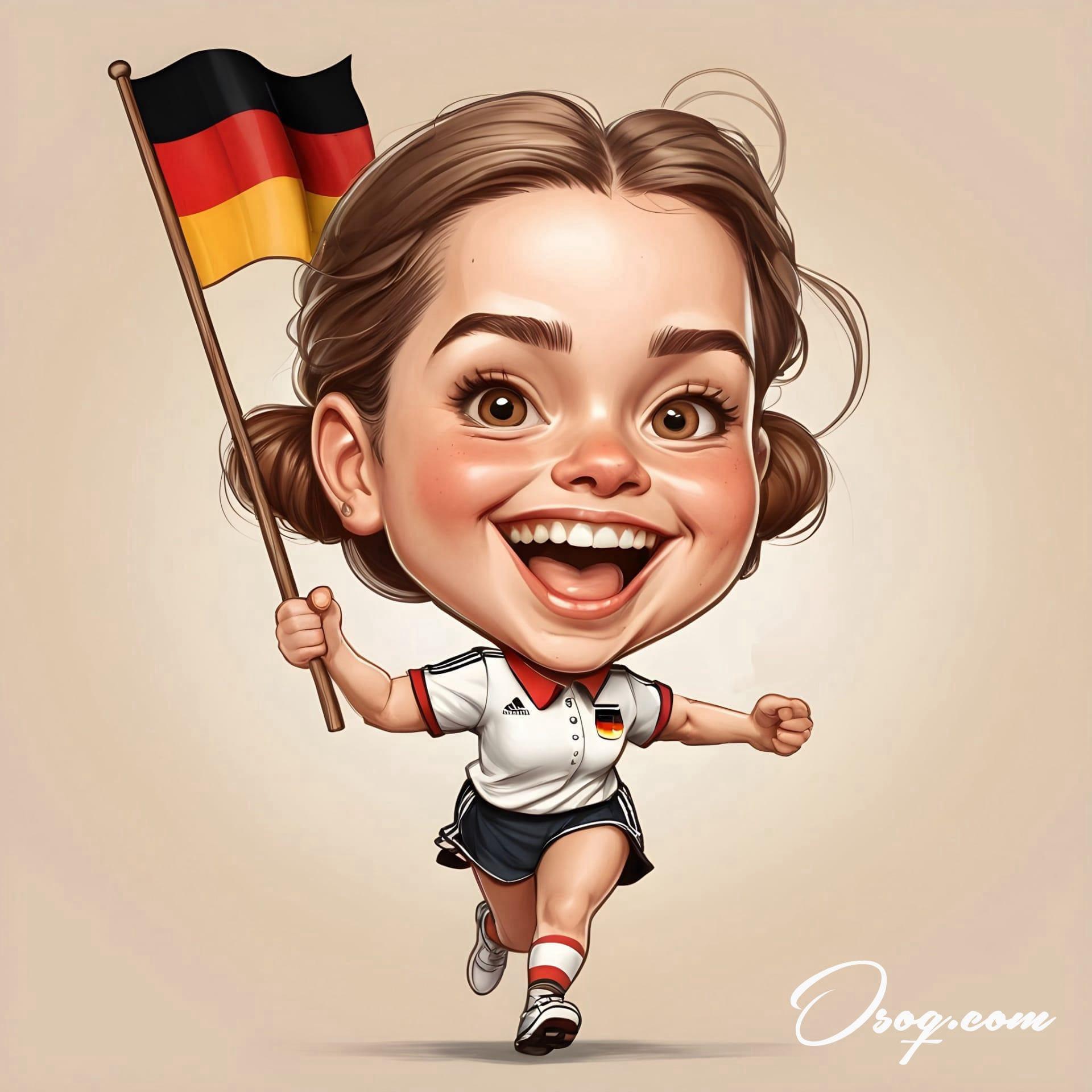
The incorporation of augmented reality and virtual reality technologies is pushing the boundaries of what German cartoons can achieve, offering immersive experiences to audiences.
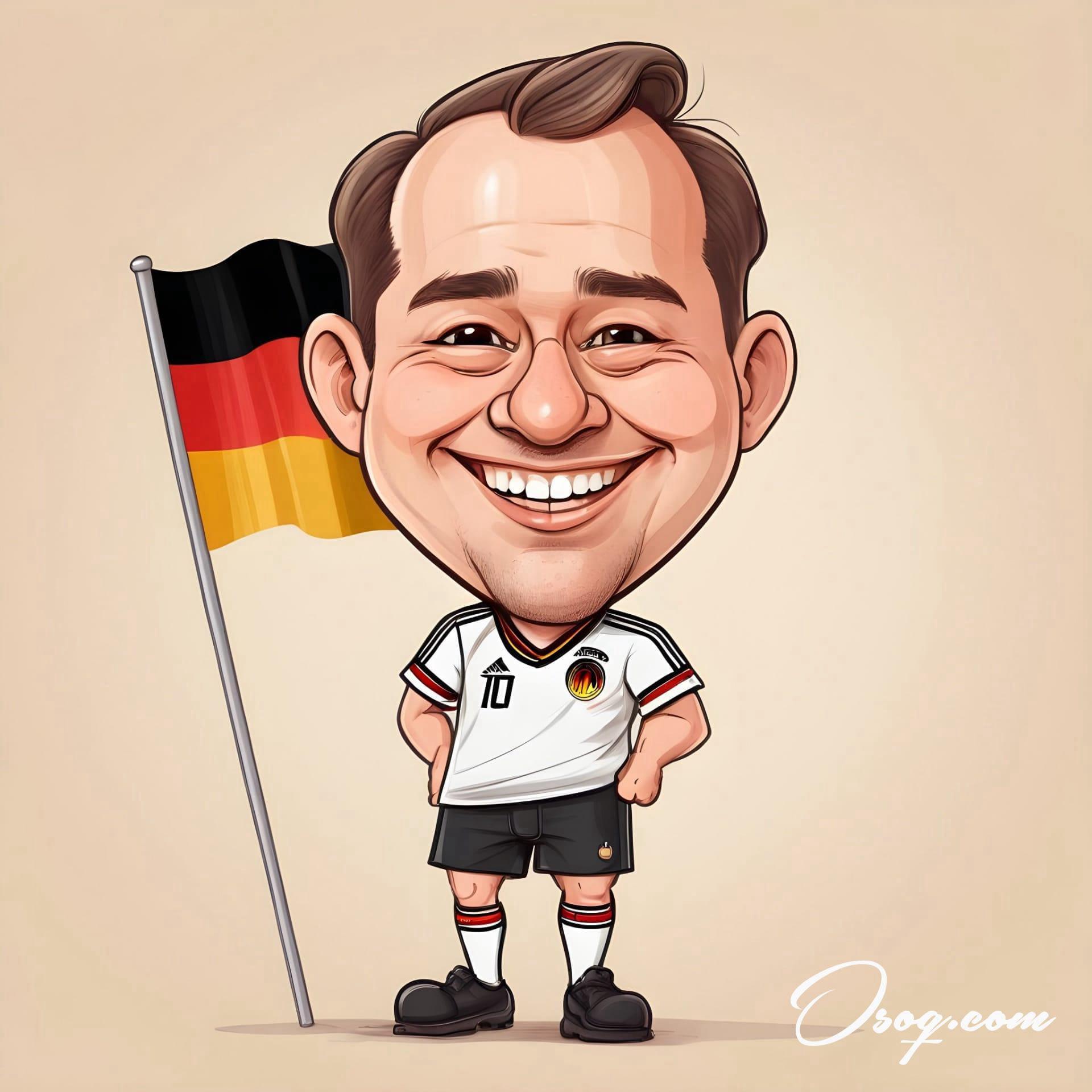
Nostalgia plays a big role in the appeal of German cartoons, with many adults revisiting the comics and animated shows of their childhoods.
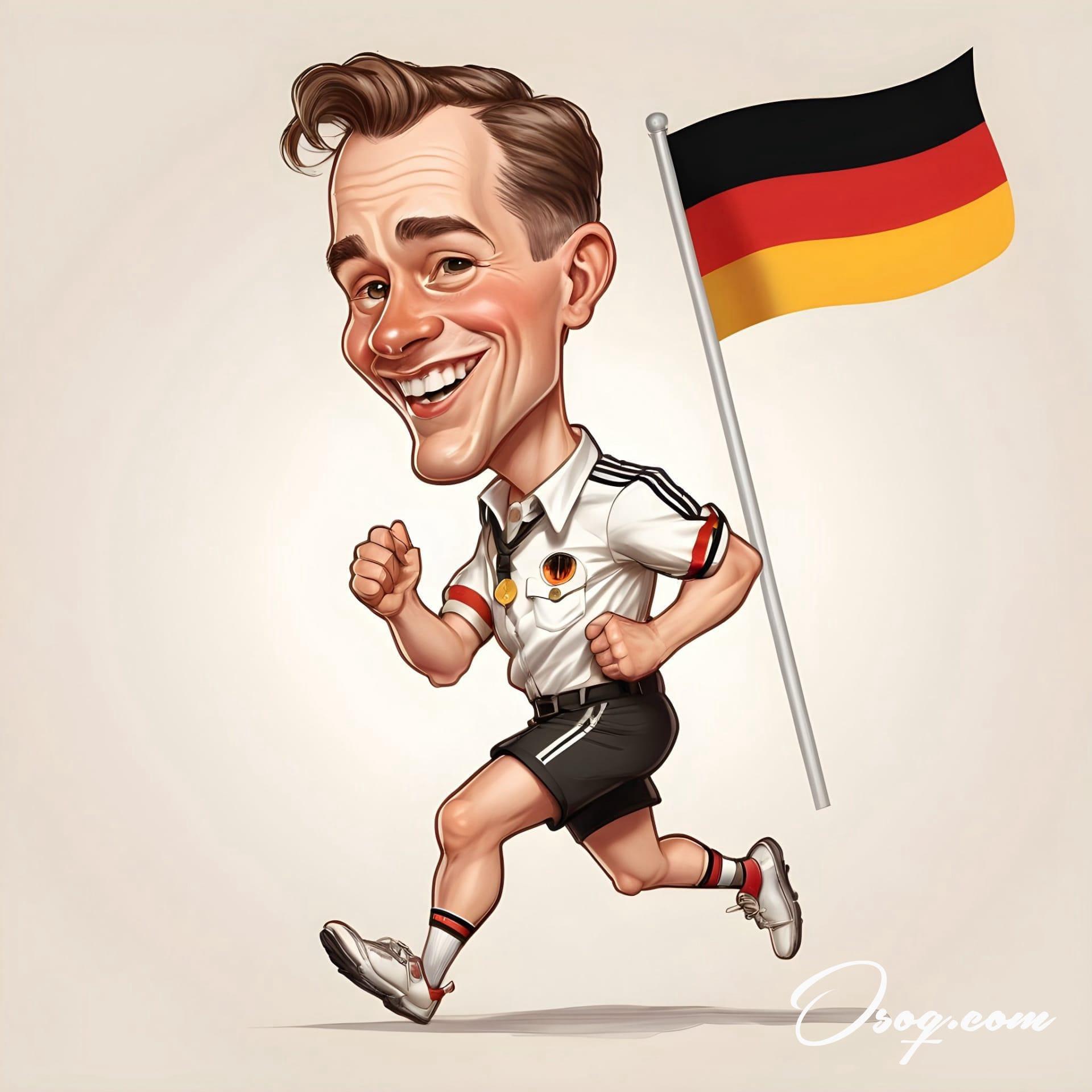
The versatility of German cartoons means they can range from light-hearted and comedic to dark and thought-provoking, showcasing the breadth of the genre.
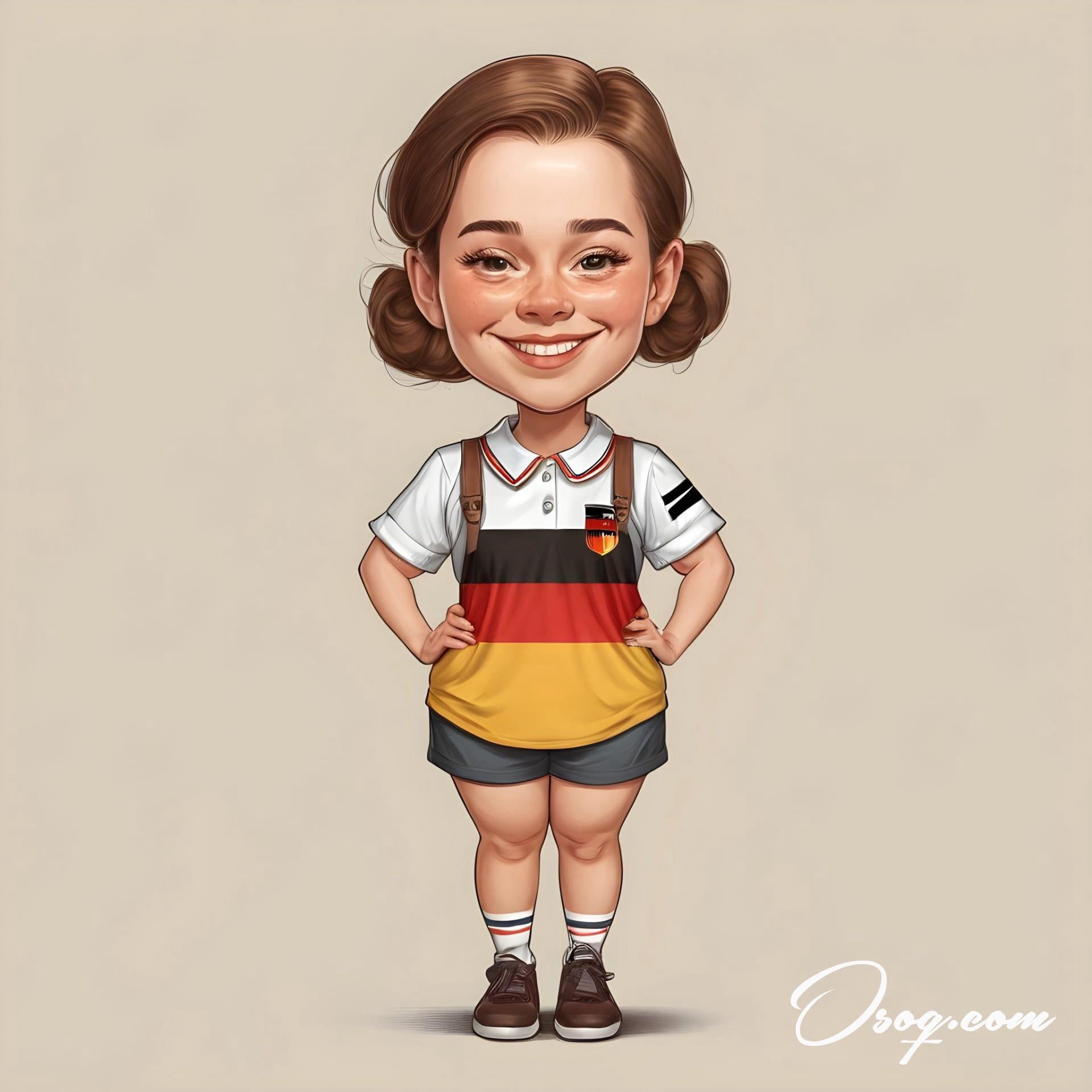
The legacy of German cartooning continues to evolve, with each generation of artists building on the foundations laid by their predecessors and taking the art form in exciting new directions.